

2019-08-03 09:28:00 Sat ET
federal reserve monetary policy treasury dollar employment inflation interest rate exchange rate macrofinance recession systemic risk economic growth central bank fomc greenback forward guidance euro capital global financial cycle credit cycle yield curve
U.S. inflation has become sustainably less than the 2% policy target in recent years. As Harvard macro economist Robert Barro indicates, U.S. inflation has remained low and stable since the federal funds rate peaked at 22% in the early-1980s. The Federal Reserve upholds the Taylor interest rate rule that the federal funds rate should increase by more than the next likely rise in inflation. This monetary policy rule accords with the U.S. dual mandate of price stability and maximum sustainable employment. In New Keynesian macroeconomic models, interest rate adjustments can cause real movements in inflation, employment, and the economic output gap due to monopolistic competition and sticky-price persistence.
Former IMF chief economist Olivier Blanchard and his MIT PhD student Jordi Gali show that solo price stabilization would be equivalent to attempting to stabilize both deviations of general prices and economic output gaps from the respective targets. Blanchard and Gali refer to this macroeconomic stabilization principle as the divine coincidence. Nevertheless, the divine coincidence may disappear due to real wage rigidities and financial market frictions. On balance, mainstream macroeconomic models cannot plausibly explain the recent great moderation of low inflation near 1.5%-2% despite gradual and consistent interest rate cycles.
If any of our AYA Analytica financial health memos (FHM), blog posts, ebooks, newsletters, and notifications etc, or any other form of online content curation, involves potential copyright concerns, please feel free to contact us at service@ayafintech.network so that we can remove relevant content in response to any such request within a reasonable time frame.
2019-08-18 11:33:00 Sunday ET
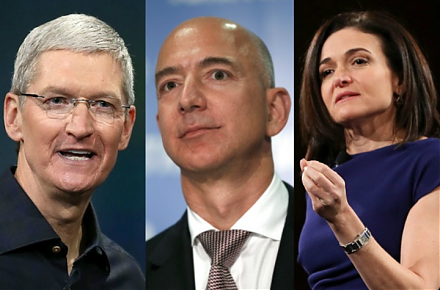
House Judiciary Committee summons senior executive reps of the tech titans to assess online platforms and their market power. These companies are Facebook,
2019-06-09 11:29:00 Sunday ET
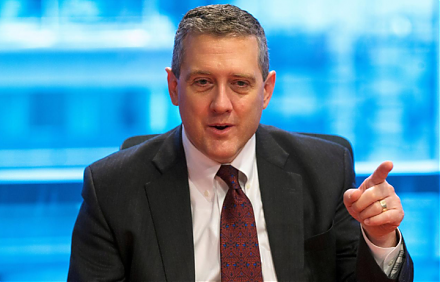
St Louis Federal Reserve President James Bullard indicates that his ideal baseline scenario remains a mutually beneficial China-U.S. trade deal. Bullard ind
2025-01-22 08:35:08 Wednesday ET
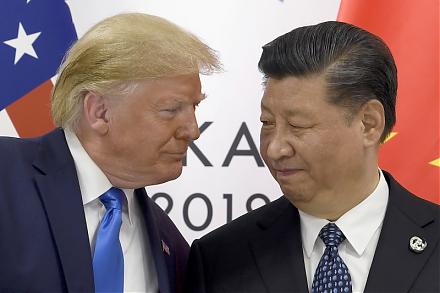
President Donald Trump blames China for the long prevalent U.S. trade deficits and several other social and economic deficiencies. In recent years, Pres
2019-08-20 07:33:00 Tuesday ET
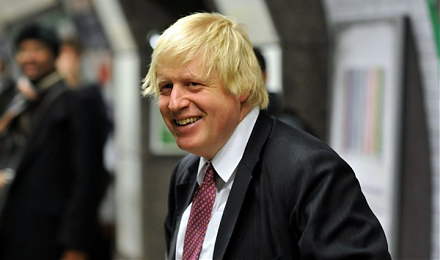
The recent British pound depreciation is a big Brexit barometer. Britain appoints former London mayor and Foreign Secretary Boris Johnson as the prime minis
2017-12-14 12:41:00 Thursday ET
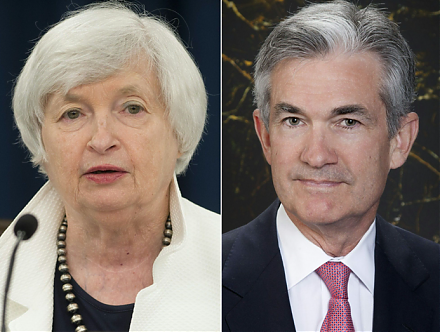
Federal Reserve raises the interest rate by 25 basis points to the target range of 1.25% to 1.5% as FOMC members revise up their GDP estimate from 2% to 2.5
2021-11-22 11:29:00 Monday ET
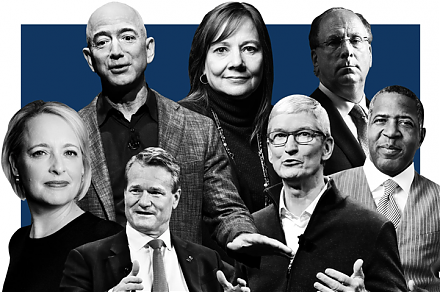
U.S. judiciary subcommittee delves into the market dominance of online platforms in terms of the antitrust, commercial, and administrative law in America.